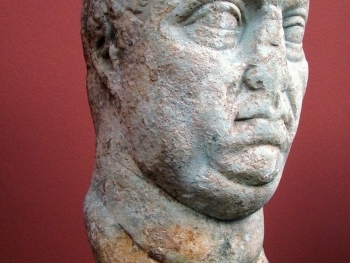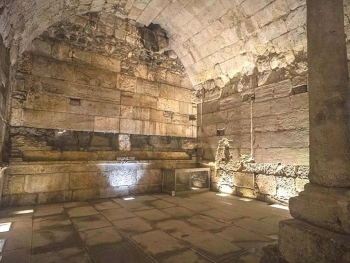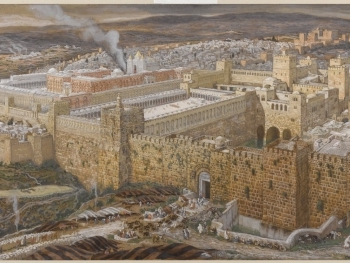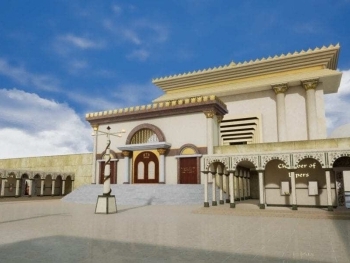Herod's Temple, also known as the Second Temple, was a sacred place of worship for the Jewish people during ancient times. The temple played a significant role in the religious practices and beliefs of the Jewish people and has continued to influence modern-day Jewish traditions. Here, we will explore the history of Herod's Temple and its lasting impact on Jewish beliefs and practices.
The Second Temple was rebuilt by King Herod the Great in the first century BCE after the original temple was destroyed by the Babylonians in 586 BCE. It was one of the largest and most magnificent buildings of the ancient world and served as the center of Jewish life for centuries.
The temple was the site of many significant events in Jewish history, including the Maccabean revolt and the story of Hanukkah. It was also the place where Jesus was said to have overturned the money changers' tables, an event that played a role in his crucifixion and the development of early Christianity.
Following the destruction of the Second Temple by the Romans in 70 CE, Judaism underwent significant changes. The absence of a central place of worship forced the Jewish people to adapt their religious practices and beliefs. The focus shifted from the temple and its rituals to the synagogue and the study of the Torah.
Despite this shift, the influence of Herod's Temple on Jewish beliefs and practices can still be seen today. For example, the Western Wall, also known as the Wailing Wall, is the last remaining portion of the Second Temple's outer wall. It is considered a holy site and a place of prayer and pilgrimage for Jews from around the world.
The temple's role in Jewish history has also had an impact on modern Jewish beliefs about the Messiah. Many Jews believe that the Messiah will come to restore the temple and re-establish Jewish sovereignty in Israel. This belief has played a significant role in the establishment of the State of Israel and the ongoing conflict in the region.
In conclusion, Herod's Temple was a central place of worship for the Jewish people and played a significant role in their religious practices and beliefs. Despite its destruction, its legacy can still be seen in modern-day Jewish traditions, such as the Western Wall and beliefs about the Messiah. The temple's influence on Jewish history and beliefs is a testament to its enduring significance in the Jewish faith.




